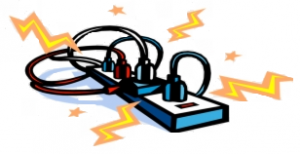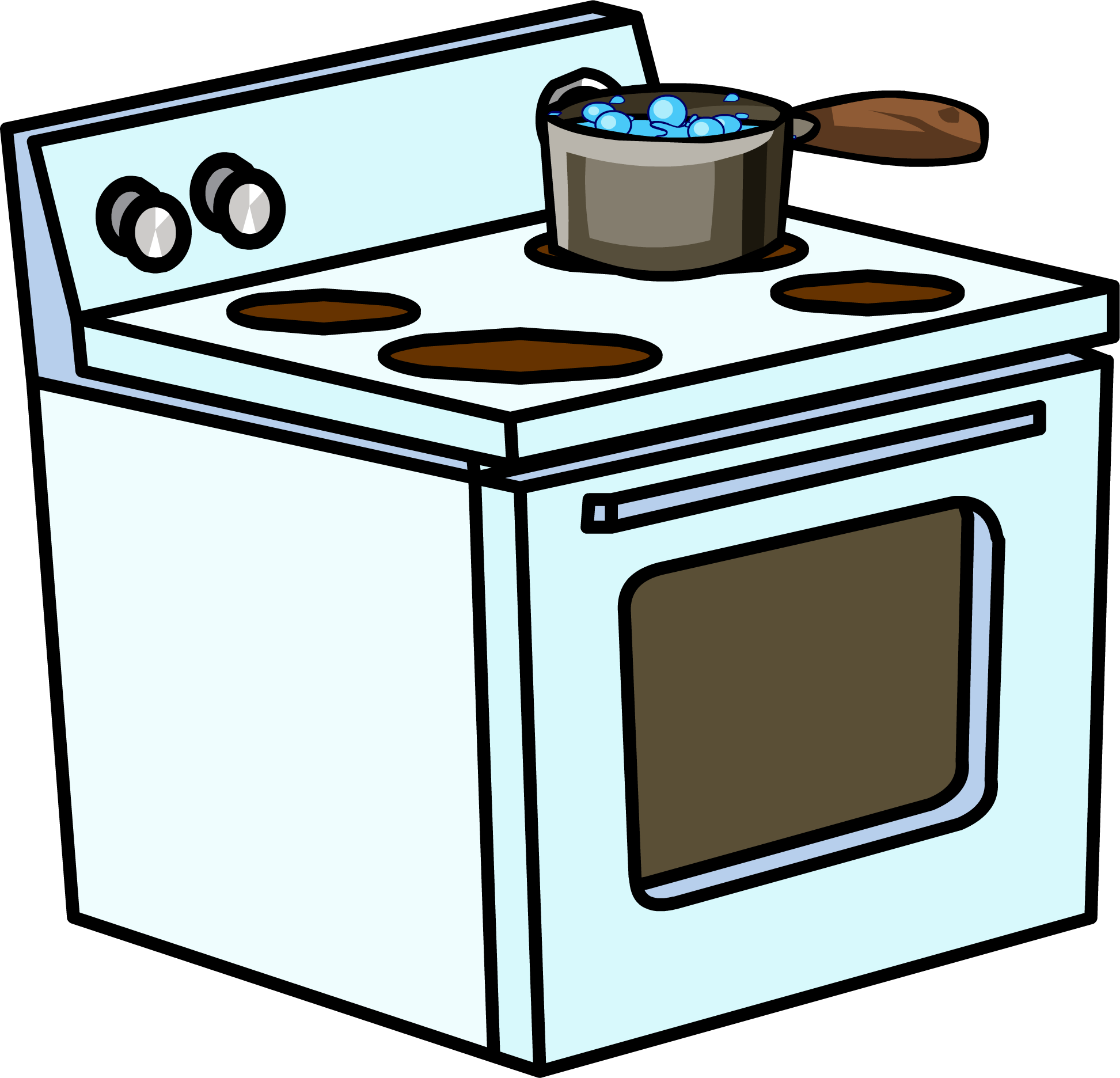Lithium-ion batteries
Lithium-ion batteries are increasingly found in many rechargeable devices. These batteries are designed to be safe and incidents are rare, but if they overheat, are punctured, crushed or accidentally overcharged they could ignite, burn and in some cases explode, causing serious fire damage.
What is a lithium-ion battery?
These are the lightweight, rechargeable batteries that can be found in household electrical items we use everyday, like mobile phones, laptops, e-cigarettes, e-bikes and e-scooters. The device you’re viewing this website on is most likely powered by a lithium-ion battery.
Lithium-ion batteries are fast to charge, last a long time and contain a lot of power for their size. They are extremely sensitive to high temperatures and are flammable. These batteries can cause fires that quickly spread and are difficult to extinguish, causing widespread damage.
Safety tips
Lithium-ion batteries are used safely by millions of people every day. However, there are some things you need to know when it comes to fire safety.
- Always read the manufacturer’s safety instructions
- Use the charger that came with your device
- Buy replacement batteries or chargers from suppliers you trust and choose a genuine, branded product
- Charge the device on a flat, solid and stable surface, such as a kitchen worktop
- Don’t charge lithium-ion batteries when you are sleeping, or when you are away from home
- Never charge or store lithium-ion batteries on your escape route
- Don’t leave items continuously on charge after the charge cycle is complete
- Never cover chargers or charging devices
- Do not use a damaged battery
- Avoid storing, using or charging batteries at very high or low temperatures
- Don’t overload power sockets
- Ensure you have a working smoke alarm on every floor of your home
Don’t bin your batteries…
- Never put batteries in your general rubbish bin or with other recyclable materials like card, metals and plastics
- Follow recycling instructions from your local authority and always keep electrical items separate from other household waste
- Removable batteries should be recycled separately from the device and should be disposed of at a battery recycling point or using your local collection service
- Non-removable batteries should be recycled with the device using a waste electricals recycling service
- If in doubt, take unwanted electrical items or lithium-ion batteries to your local household waste recycling centre
Visit your local council website to find your local household waste recycling centre.
North Northamptonshire Council
You will also find useful information below:







 Fire Risk Assessment (worked example for House in Multiple Occupation (HMO)) (PDF 389KB)
Fire Risk Assessment (worked example for House in Multiple Occupation (HMO)) (PDF 389KB)
